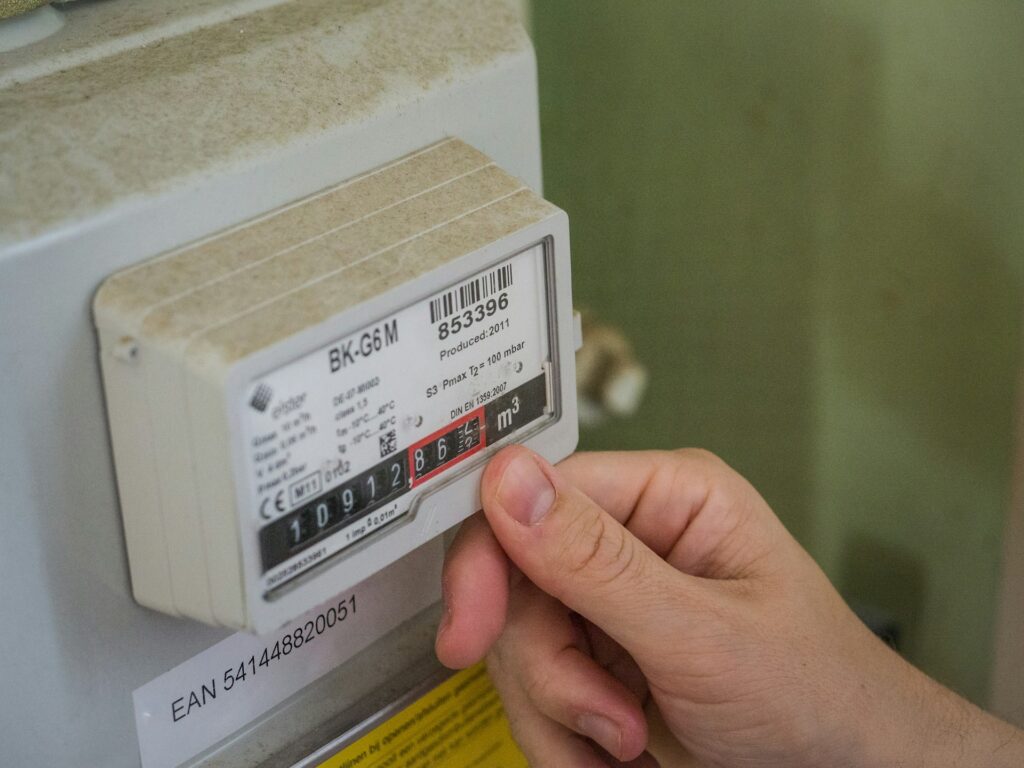Anger is a feeling experienced by many, and it can be a challenging emotion to manage. About 7.8% of adults in the U.S. deal with intense or uncontrolled anger, with young adults aged 18-29 being the most affected—22% report serious anger issues.
It’s tricky to control anger because stress from finances, chronic pain, and other pressures can push your buttons and make it hard to stay calm.
Learning to control your anger is crucial for well-being and relationships. However, it can feel overwhelming at times. Research shows that a significant percentage of people with anger problems also have a psychiatric diagnosis, indicating a strong link between mental health and emotional struggles. By understanding the triggers for anger, you can start to manage it better.
Remember, you’re not alone, and with the right tips and awareness, you can control anger and turn it into a more positive force in life!
How can I stop being angry?
1. Count to 10
- How-to: When you feel anger rising, take a moment to close your eyes and count slowly to 10. Focus on each number as you count.
- How it helps: This technique engages your prefrontal cortex, which helps regulate emotions and decision-making. Counting serves as a distraction, giving you time to cool down and think before reacting impulsively.
2. Practice deep breathing
- How-to: Take slow, deep breaths. Inhale deeply through your nose, hold for a moment, and then exhale slowly through your mouth. Repeat several times.
- How it helps: Deep breathing activates your body’s relaxation response, helping to reduce stress and lower your heart rate, which can prevent an angry outburst.
3. Use humor
- How-to: When feeling angry, try to find something humorous about the situation or share a funny story.
- How it helps: Humor can lighten the mood and defuse tension. Laughter releases endorphins, reducing stress and helping you to see the situation from a different perspective.
4. Channel your anger
- How-to: Redirect your anger into physical activity, like running, cleaning, or dancing. Focus on how the activity can help release your pent-up emotions.
- How it helps: Physical activity increases endorphins and can serve as a constructive outlet for your feelings, transforming anger into positive energy.
5. Start an anger journal
- How-to: Keep a journal dedicated to documenting your feelings of anger. Write down what triggered your anger and how you felt.
- How it helps: Journaling helps you gain insights into your emotions, recognize triggers, and process your feelings in a healthy way.

6. Communicate openly
- How-to: When you feel anger towards someone, take a moment to breathe and calmly express how their actions made you feel. Use “I” statements, such as “I felt hurt when…”
- How it helps: Open communication can prevent misunderstandings and unresolved anger, helping to foster healthier relationships, making it one of the most vital tips to control anger.
7. Set boundaries
- How-to: Identify areas in your life where you need to set boundaries, particularly with family and friends. Clearly communicate these boundaries to others.
- How it helps: Establishing boundaries helps protect your emotional space and reduces frustration, leading to less anger in challenging interactions.
8. Take time-outs
- How-to: If you feel overwhelmed by anger, physically remove yourself from the situation for a few minutes. Go for a walk or find a quiet space.
- How it helps: A brief time-out allows you to collect your thoughts, reduce emotional intensity, and approach the situation with a clearer mindset.
9. Practice mindfulness
- How-to: Engage in mindfulness exercises, such as meditation or yoga. Focus on the present moment without judgment.
- How it helps: Mindfulness cultivates self-awareness and emotional regulation, helping you respond to anger more thoughtfully rather than reacting impulsively.

10. Seek professional help
- How-to: If anger feels unmanageable, consider talking to a therapist or counselor who specializes in anger management.
- How it helps: Professional guidance can provide tailored strategies and support to help you understand and control your anger more effectively.
With these tips, you can take control of your anger and cultivate a more peaceful mindset.
Why do I get so angry so easily?
- Hormonal imbalances: Changes in hormone levels, particularly estrogen and testosterone, can lead to irritability and anger. In this case, consult a healthcare provider to assess hormone levels and consider lifestyle changes that promote hormonal balance.
- Poor diet and lack of sleep: A diet high in processed foods and low in nutrients, combined with insufficient sleep, can negatively impact your mood. To fix this, prioritize a balanced diet rich in whole foods and aim for 7-9 hours of sleep per night to support emotional regulation. And, after a good night’s sleep, you wake up fresh early in the morning, allowing you to enjoy a couple of extra hours.
- Feeling overwhelmed: When you feel overwhelmed, even minor stressors can provoke anger. To overcome this, break tasks into manageable steps and practice mindfulness to regain perspective.
- Past trauma: Experiencing trauma can lead to heightened sensitivity and anger triggers. Seeking therapy can help process trauma and develop healthier emotional responses.
- Learned behavior: If you grew up in an environment where anger was frequently expressed, you might have adopted this as a coping mechanism. As a solution, develop new emotional regulation strategies through therapy or self-help resources.
- Mental health conditions: Disorders like ADHD, depression, or bipolar disorder can contribute to feelings of anger. You must consult a mental health professional for a comprehensive evaluation and treatment plan.
- Substance use: Alcohol and drugs can impair judgment and increase impulsivity, leading to anger. Here, you must quit alcohol, limit or eliminate substance use, stop smoking, and consider support groups for addiction recovery.
Understanding the reasons behind your anger can help you address them effectively, and coupled with the tips listed earlier, allow you to control anger, leading to better emotional management and improved relationships!
By applying these tips, you can cultivate a calmer, more balanced approach to handling anger. Developing awareness around your triggers and practicing constructive techniques lets you manage reactions before they escalate.
Over time, these practices build resilience, helping you keep your composure even in tense moments!
Remaining calm not only benefits your well-being but also enhances relationships. As you master these strategies, you’ll find it easier to navigate challenges without being overwhelmed by anger, fostering a more peaceful and mindful life overall.

